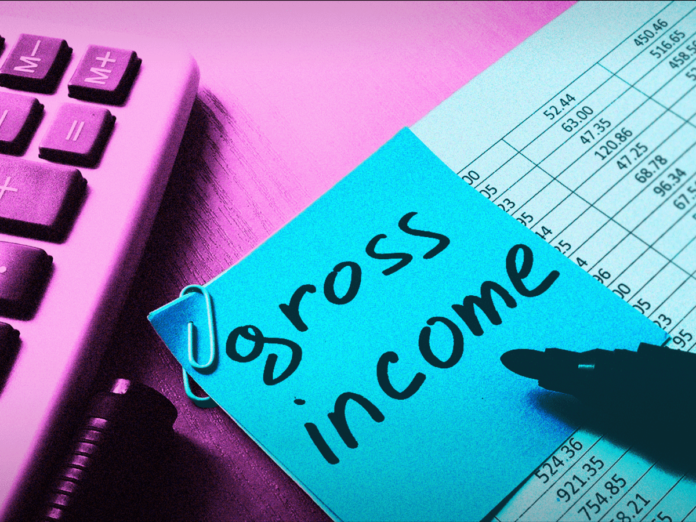Have you ever looked at your paystub from your employer and thought to yourself, wait, I thought I was making this much? Why is my pay only this much?
You think your salary is a certain number, but what you actually bring home doesn’t match up. Then you see terms like gross income and net income on your paystub. Are you wondering what gross income is and how different the pay you bring home is?
Read on to learn more about gross income vs. net income on a paystub.
What Is Gross Income?
Gross income on paystub is the total amount of pay you earn before your employer takes out any deductions or taxes. Deductions might include what you pay for health insurance or pay into a retirement account.
If you’re a salaried employee, your gross income is the total amount you’ll earn for the year divided by the number of pay periods. Your taxes and deductions should remain pretty consistent, so your take-home pay should, too.
As an hourly employee, your gross income is your rate of pay multiplied by the number of hours you work in a pay period.
You might also be a freelance employee who gets a 1099 at the end of the year. In this case, the employer isn’t removing any taxes or deductions on your behalf. Your pay should be your gross income.
What Is Net Income?
When you look at your paystub, you will see a number that’s smaller than your gross pay identified as the net income. Your net income is the pay you’ll get after deductions and taxes have been subtracted from your gross pay.
Your paystub is likely to have a box identifying your final net pay. This is the amount your paycheck is good for or that your employer has deposited into your account.
Gross Income Vs. Net Income on a Paystub
Your paystub provides important information about taxes and deductions. It’s good for an employee to see they did earn the gross income. Yet, the net income is their real take-home pay because of the necessary taxes and deductions.
It’s not an uncommon sensation to feel frustrated by the difference in amounts from gross income to net income.
Consider Taxable Income
Another consideration when you look at a paystub and it gets to be tax filing season is the taxable pay.
Sometimes you will have income that isn’t taxable. For example, you may donate to a 401k or health savings account. Those funds are deducted before taxes.
Once those are removed, then the employee will pay taxes and get deductions on the amount after. This becomes the taxable income.
Learn How to Read Your Paystub for Income Information
It’s important for an employee to understand what is gross income vs what is net income so they can understand what money they are actually getting in a check.
If you’re responsible for the paystubs for your employees, take a look at our many options for creating paystubs like an online paystub generator that will show your employees what they need to know about their earnings and deductions.
Get started today creating a paystub with all the information about your employees’ pay.





























